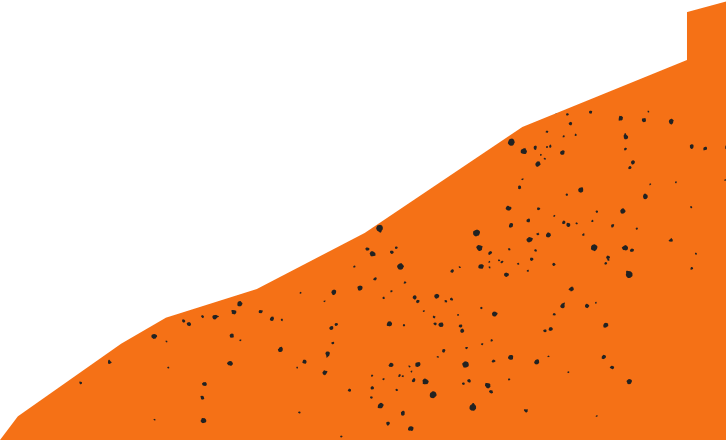Focus Challenge: Policy
Policy
You might think that something is unfair and may want to make a big change in how people do things, whether it’s in your community, your state, or the entire world. That’s a policy change. Talk to the people around you. What are some issues or challenges that they would like to be changed? We can work together to brainstorm sustainable alternatives, make solutions that positively impact our community, and create a full action plan for your policy campaign. There are a lot of different ways to make your voices heard as you speak out for wildlife. Protests, marches, petitions, boycotts, letters, phone calls, social media, are all ways to amplify our voices. Even the biggest policy changes start small and local but can grow and grow!
Climate Change and Policy
In order to address climate change properly, policy changes are needed to uplift and encourage environmentally-friendly actions. Policy change can help to create guidelines for companies and residences in proper energy, water, habitat and waste use, and can provide support to people that may not have access to sustainable alternatives. In this way, these changes can help reduce greenhouse gas emission long term. Overall, changes in policy can have a big impact on strengthening our country and our world’s climate resilience.
Consider This…
- What are some things you wish you could change?
- Are there people that agree with the changes you want to make?
- How can we learn more from different perspectives?
- Is this a good solution for everyone, or just certain people?
- How can you work together to brainstorm sustainable alternatives?
- How can we use our understanding to help wildlife?
- What plan create we make to amplify our voices?
- Who can we reach out to in order to make a larger impact?
Explore Further
Interested in growing your understanding of policy change? Check out the activities below! These can be distributed directly to students through your virtual classroom or sent via email, or can be printed and distributed to students in person.
- Introductory (recommended for K-5 students)
- Advanced (recommended for 6-12 students)
Reporting Your Results
Make sure to keep track of everything you do and share as much of your story as possible, such as:
- Who did you reach out to? How many letters or conversations did you have?
- What were you hoping to accomplish?
- What immediate and future implications does your work have on local animals and people?
- What measurable impacts does it have on water, energy, waste, or habitat?
- How many people were impacted?

